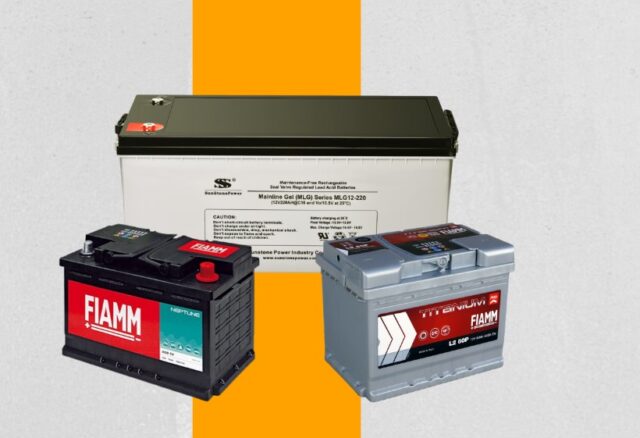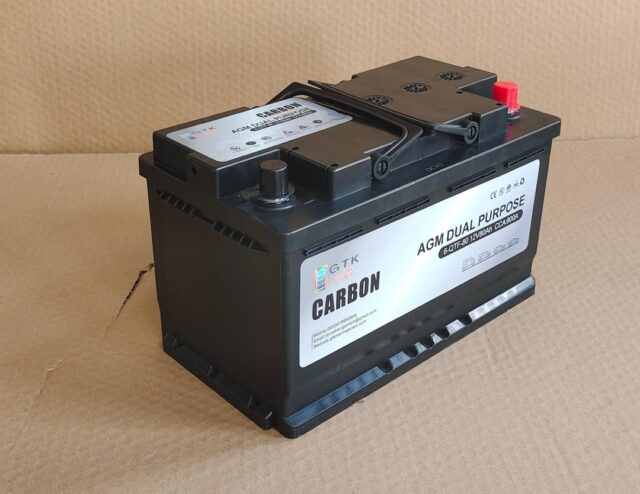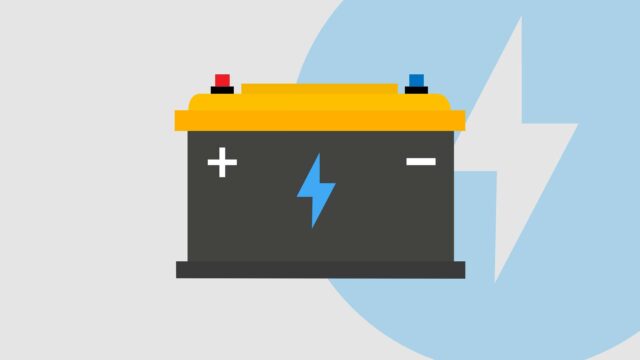
Batteries are part of nearly everything today — from cars and boats to solar systems, power tools, and our everyday tech devices. Yet no matter the size or purpose, batteries all face the same issue: they lose their quality over time.
Maintaining battery performance isn’t just about getting more life out of your phone — it’s about making smart choices that save money, reduce waste, and keep your equipment running when you need it most. Whether you’re using standard consumer batteries or industrial-grade ones, proper care makes all the difference.
Key Highlights
- Proper charging techniques are the most effective way to extend battery life
- Extreme temperatures — hot or cold — can reduce battery efficiency fast
- Battery quality is directly tied to using the right charger and settings
- Long-term storage must be done correctly to avoid deep discharges
- Trusted suppliers offer higher-grade, longer-lasting battery products
Why Battery Quality Drops Over Time

Every battery, regardless of type, is designed with a finite lifespan. Over time, chemical reactions inside the battery degrade. That degradation speeds up when batteries are misused, poorly stored, or exposed to extreme conditions.
The main culprits behind faster battery aging include:
- Overcharging and undercharging
- Exposure to high temperatures
- Allowing deep discharge regularly
- Using incompatible or low-quality chargers
- Storing batteries fully charged or fully depleted for long periods
This gradual loss of capacity means shorter run-times, unreliable performance, and ultimately the need to replace batteries sooner than expected.
Charging Habits That Preserve Battery Health
Charging is where most people unknowingly damage their battery. Whether you’re using a smartphone, car battery, or marine system, how you charge matters.
The best charging practices include:
- Avoid full discharges: Letting your battery run all the way to 0% stresses its internal chemistry. Recharge when it drops to around 20–30%.
- Don’t charge to 100% all the time: Especially with lithium-ion ones, topping off to full constantly can degrade capacity. Charge to around 80–90% if possible.
- Unplug after charging: Leaving battery on a charger overnight or long after full charge can create heat buildup, which shortens battery life.
- Use the charger designed for your battery type: Mismatched voltage or current can do irreversible damage.
This applies even more to high-capacity batteries used in marine, solar, or industrial systems, where precise charging is crucial to longevity.
Quality Batteries Last Longer

Lower-quality battery often has inconsistent performance, shorter cycle life, and a higher risk of failure — even with perfect maintenance. This is especially important when you’re dealing with larger, more expensive systems like deep cycle, AGM, or solar batteries.
That’s why it’s smart to buy from trusted dealers that specialize in commercial and industrial batteries. For example, GTK Marine Power is one of the largest battery dealers in Malta, offering everything from car and truck batteries to marine, AGM, and solar solutions. They provide products that meet high standards for long-term reliability, and you can even shop online 24/7. Visit gtkmarinepower.com to find the right battery for your needs.
Keep Batteries Away from Temperature Extremes
Heat is the enemy of battery life. High temperatures increase internal resistance and speed up chemical reactions inside batteries — leading to faster degradation.
On the other hand, cold temperatures reduce a battery’s output capacity temporarily. While the damage isn’t always permanent, using a frozen or near-frozen battery can cause short circuits or internal stress.
Here’s how to handle batteries in extreme environments:
- Avoid leaving batteries in hot vehicles or direct sunlight
- Don’t charge batteries if they’re too cold — warm them up to room temperature first
- Store batteries in a cool, dry place with good ventilation
For marine and solar batteries that are exposed to the elements, this is especially important. Use protective enclosures or climate control when possible.
Maintenance Tips for Large and Deep-Cycle Batteries
Larger batteries used in vehicles, boats, or backup power systems need more care than the ones in your phone. Periodic maintenance not only keeps them safe but also extends performance and lifespan.
Regular maintenance steps:
- Inspect for corrosion: Clean terminals with a baking soda and water solution to remove build-up.
- Secure the battery: Vibration from vehicles or boats can physically damage battery components. Ensure a snug, secure fit.
- Check fluid levels in lead-acid batteries: Add distilled water if low. Never use tap water.
- Test battery voltage regularly: This helps catch issues early and verify the charge-holding capacity.
Keeping up with these checks can help you avoid sudden failures and extend your battery’s life by months or even years.
Store Batteries the Right Way
Batteries that sit unused for long periods can degrade fast if stored incorrectly. Whether you’re packing away seasonal equipment or storing backup power units, follow these steps to avoid damage.
Best storage practices include:
- Charge to about 50% before storing — not full, not empty
- Keep them in a cool, dry area (ideally around 20°C or 68°F)
- Disconnect batteries from devices or systems to prevent slow drain
- Check battery health every 2–3 months during storage
For lithium-ion or deep cycle batteries, long-term storage in poor conditions can lead to irreversible capacity loss or even complete failure.
Consider Battery Management Systems (BMS)
If you’re using high-performance or multi-cell batteries — such as those in solar setups or electric vehicles — investing in a Battery Management System is a smart move. A BMS monitors battery health and automatically adjusts charging, discharging, and balancing between cells.
It helps:
- Prevent overcharging and over-discharging
- Balance charge levels between cells for uniform performance
- Monitor temperature and shut down during unsafe conditions
Some batteries come with BMS built-in. If yours don’t, especially in DIY solar or backup systems, consider adding one. It protects your investment and helps maintain performance over time.
Final Thoughts: Extend Battery Life With Simple Habits

Maintaining battery quality isn’t complicated, but it does require some attention to detail. The biggest gains come from doing the little things right — charging smart, storing properly, and choosing reliable batteries from the start.
Here’s what to remember:
- Don’t let your battery run empty — charge early
- Avoid heat and freezing temperatures
- Perform basic maintenance for vehicle and marine batteries
- Store batteries correctly during off-season
- Invest in trusted brands from reliable dealers
If you’re looking for top-quality batteries that match your specific needs — whether it’s solar, marine, or automotive. They have options for every application and offer expert support to make sure you get the best performance.
Taking care of your batteries doesn’t just save money — it gives you peace of mind when you need power the most.






